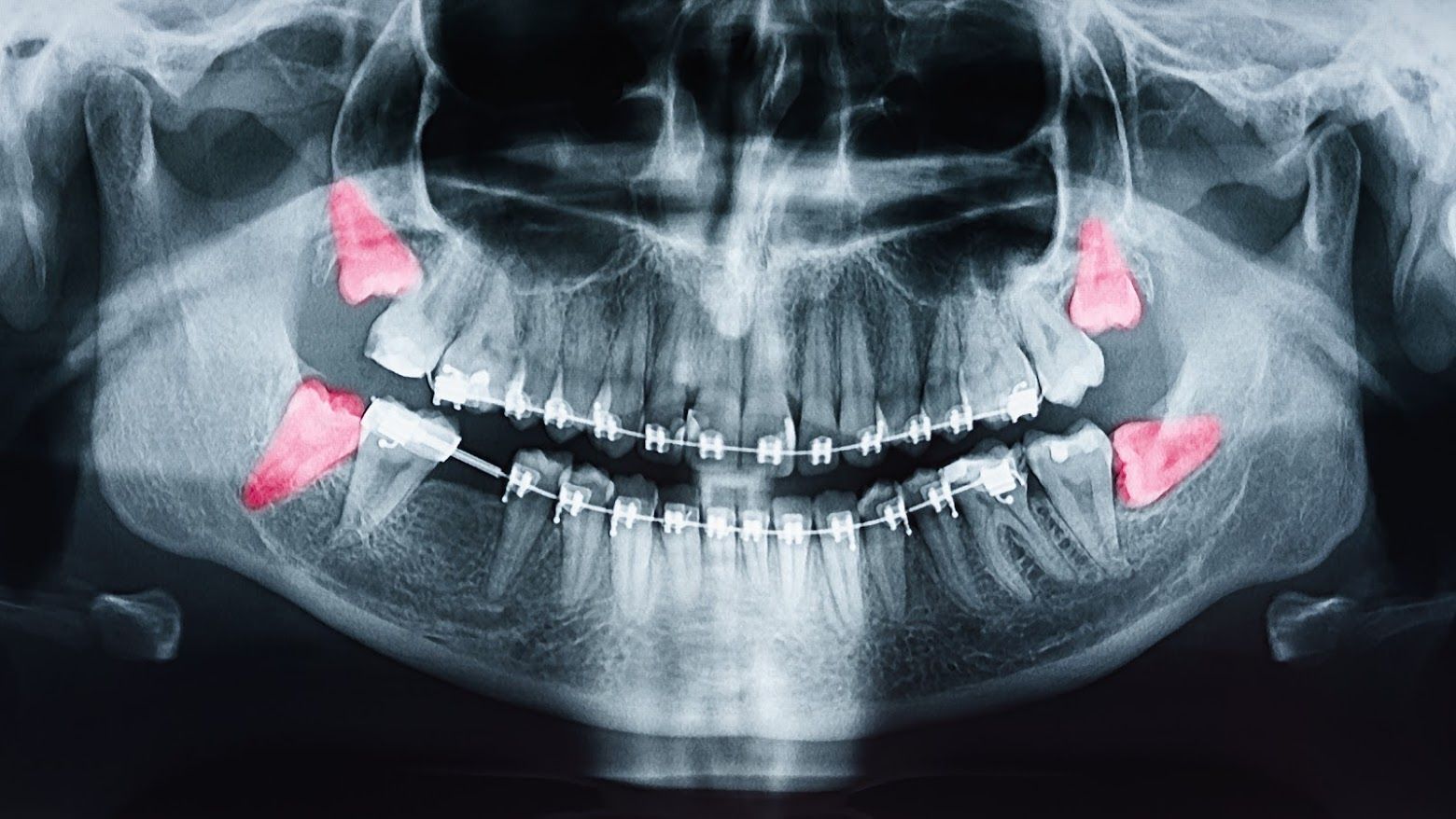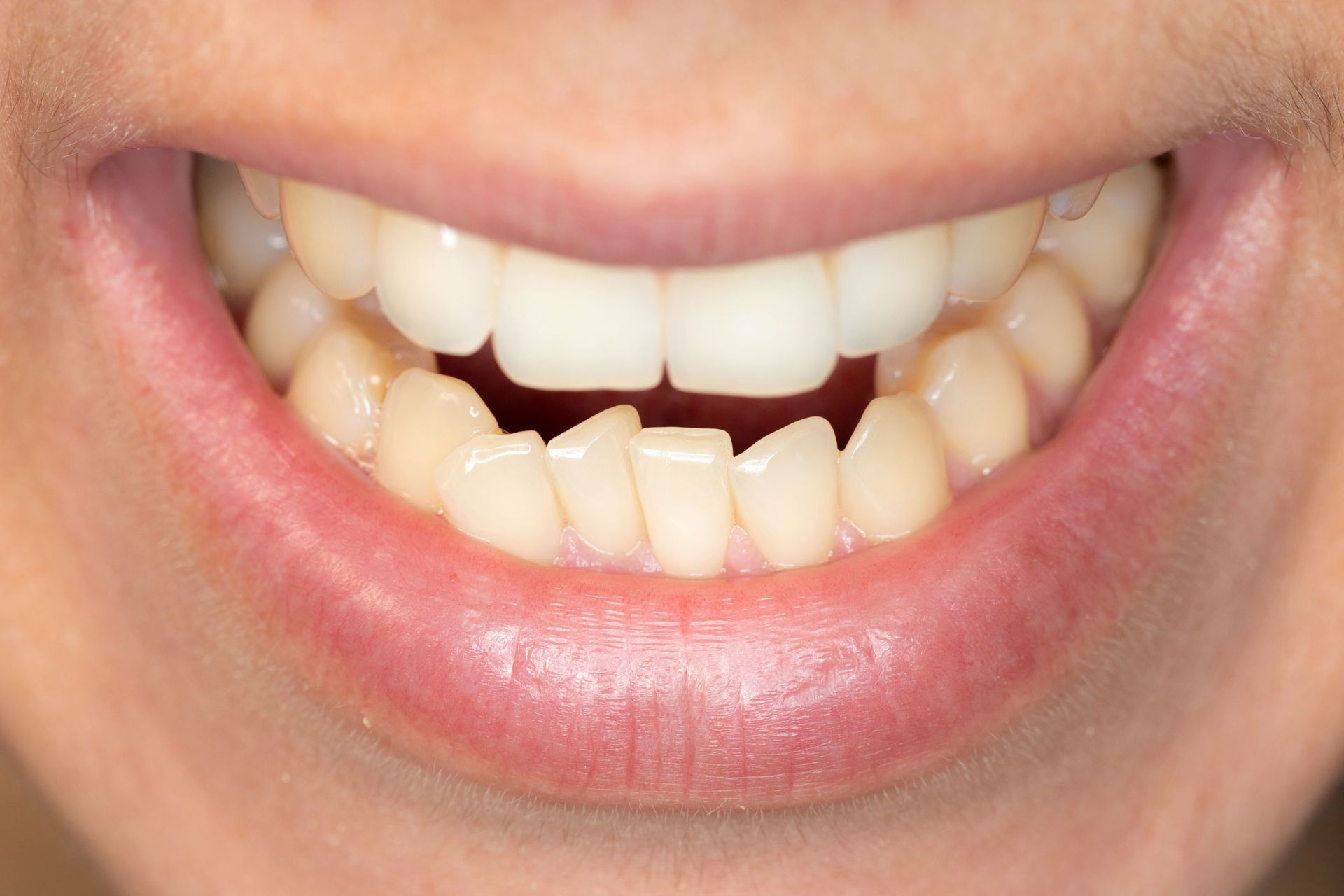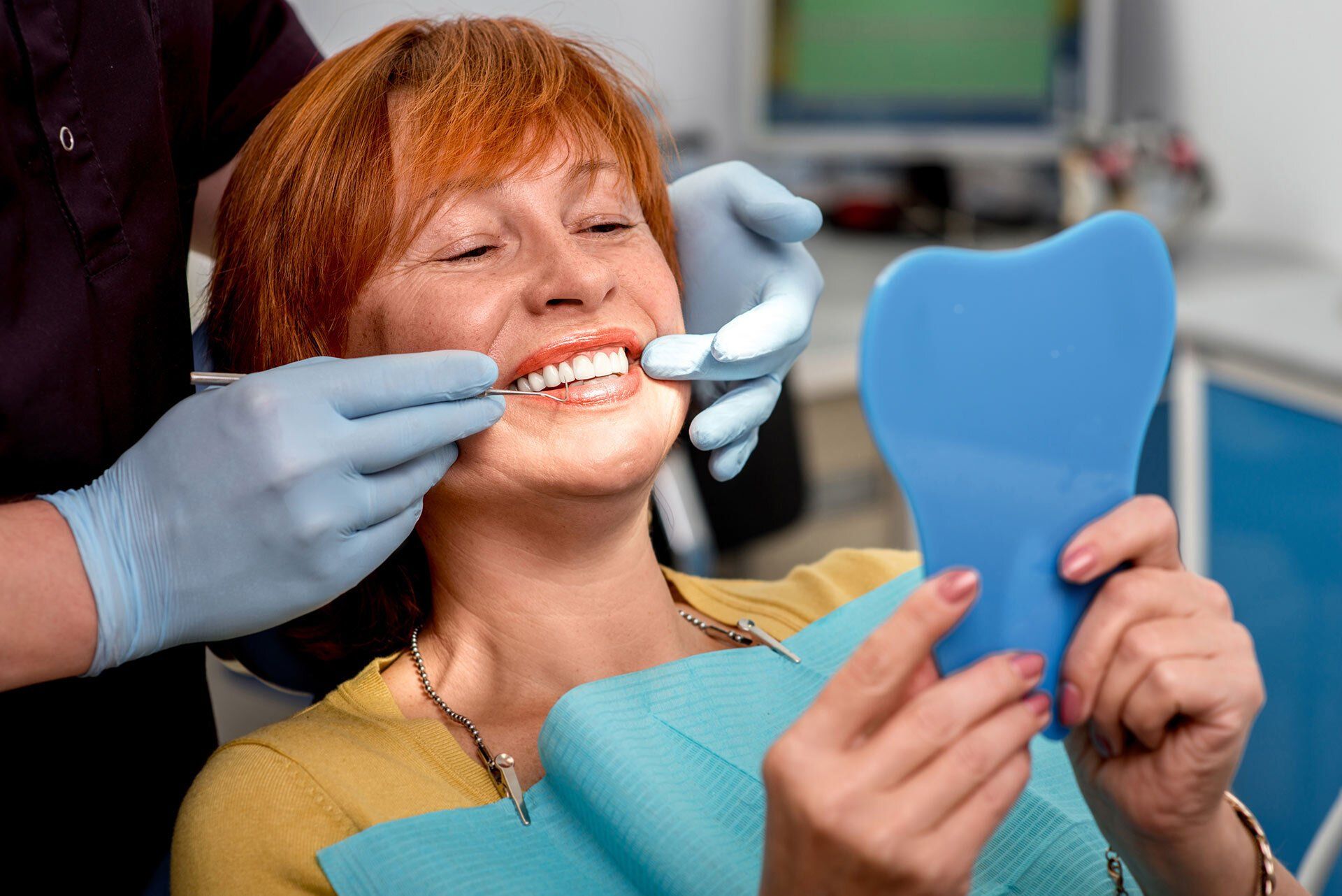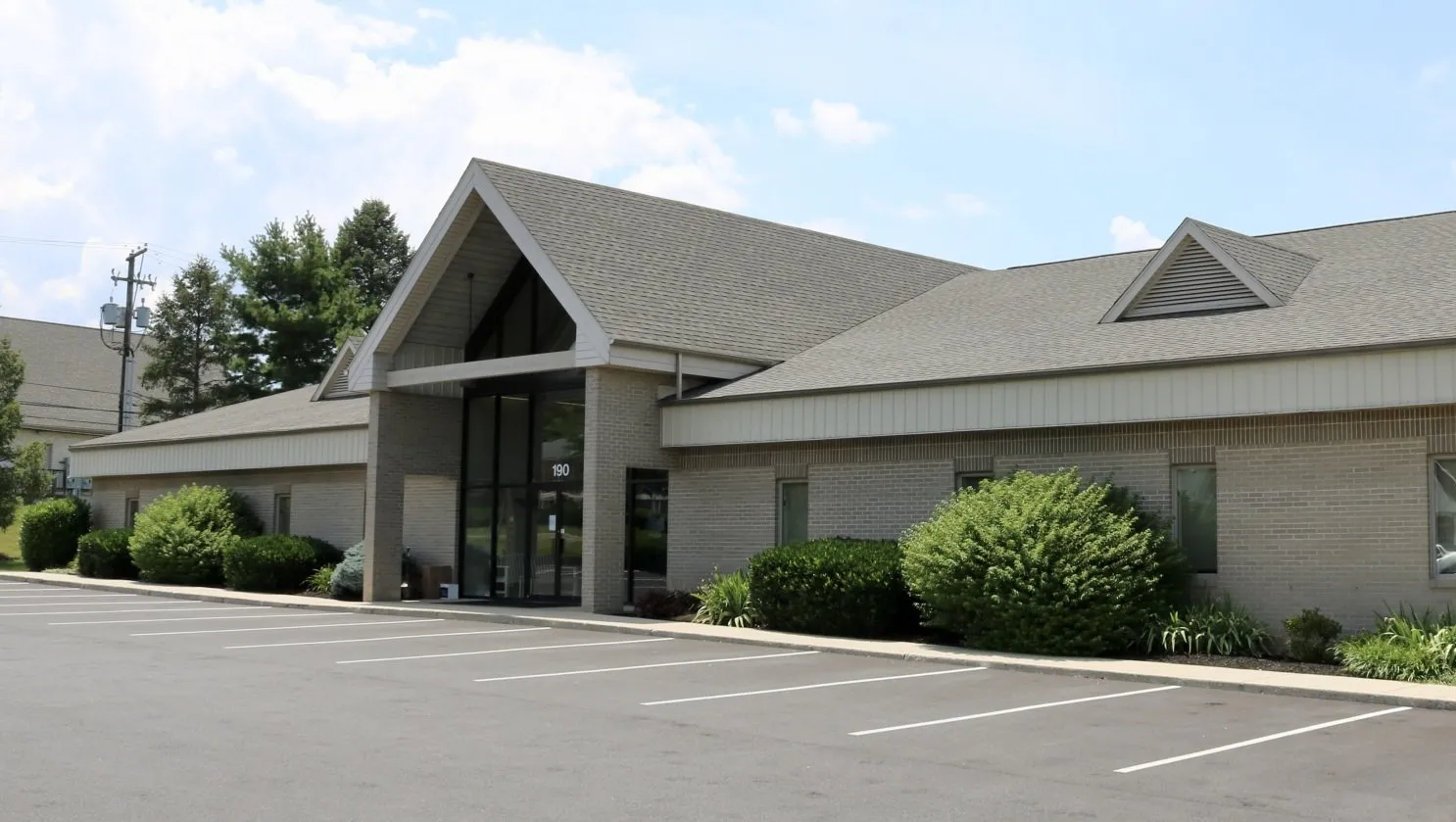Lancaster Office
Hershey Office
Lititz Office
Reasons to Consider Wisdom Teeth Extraction
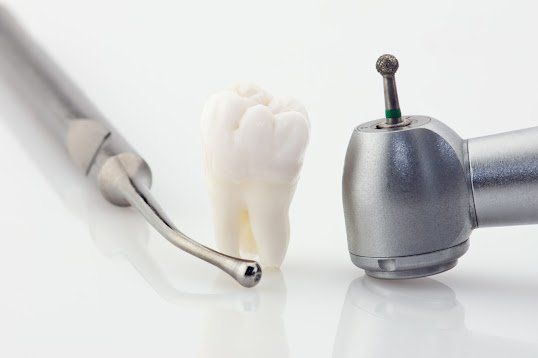
Because wisdom teeth are the last teeth to develop in the jaw, they sometimes become problematic due to insufficient space for growth. These teeth can remain impacted and submerged under the gums or only emerge partially in the mouth. This leads to recurrent infections and damage to the neighboring teeth. Even wisdom teeth that are fully erupted in the mouth are often hard to clean and develop cavities due to limited access over time.
Today, many dentists and orthodontists will refer a patient to an oral surgeon for evaluation of these teeth to determine if extraction is indicated. These teeth can be removed at any age, but oftentimes they are removed between the ages of 17-23, prior to the development of issues. This surgery can be done using local anesthesia (numbing), but most often is completed with the patient under IV sedation (going to sleep). Below are some reasons why you may need to remove your wisdom teeth.
To Provide Enough Space in the Jaw
As humans have evolved over time and altered our diets, our jaws have gotten smaller, causing overcrowding of teeth in the mouth. Because the wisdom teeth are the last to develop they often get stuck and are unable to fully erupt in the mouth. They often develop at odd angles, tilting sideways or even completely horizontal within the jaw. During their development, these teeth can also push on the teeth directly in front of them and cause irreversible damage or further crowding. Because these teeth are so far back, they rarely serve a function, and removing them does not alter the patient’s ability to chew or affect the appearance of their smile.
Avoid Development of Pathology (Cysts)
If your wisdom teeth remain impacted within the jaw throughout your life, the developmental sac (follicle) surrounding the tooth can develop into a dentigerous cyst. When teeth erupt in the mouth in a normal fashion, the follicle resorbs, making cyst formation impossible. With routine monitoring with a panorex radiograph or cone beam CT scan, a cyst can be caught when it is quite small and managed quite easily with tooth removal and biopsy. When left unchecked, however, dentigerous cysts can grow quite large and encompass a large portion of the jaw and require extensive surgery. A well-trained, oral surgeon will provide you with a thorough consultation using proper x-rays should a cyst develop later in your life and will both diagnose and treat your condition. Removal of wisdom teeth at a younger age will prevent the development of this pathology as the follicle is removed at the time of extraction.
To Eliminate Periodontal (Gum) Infections
If a wisdom tooth remains partially impacted beneath the gumline, you may experience pain or discomfort when chewing. Patients will often describe a pressure sensation in the back of the jaw. Because only a part of the tooth is visible in the mouth, the gum tissue that covers the impacted tooth can become inflamed and sore. With good oral hygiene minor complications can be reversed. When infection under the gumline develops patients can develop pericoronitis. This painful infection requires antibiotics and urgent extraction of the impacted tooth. When not managed properly, pericoronitis can worsen and cause limited opening of the mouth, facial swelling, purulent infection, and the need for care within a hospital setting.
To Minimize the Risk of Decay and Loss of Neighboring Teeth
When wisdom teeth do not erupt in an upright position, pocketing can develop between the impacted tooth and the neighboring tooth. These pockets and crevasses are perfect places for bacteria to hide and cause damage to the teeth nearby. This bacteria can also cause progressive bone loss around the site. A toothbrush or floss cannot reach these areas and decay forms slowly and often goes unchecked. If a patient is lucky, only the wisdom tooth is affected, but there are times when two teeth need to be extracted as the decay is not fixable by a general dentist. Removing wisdom teeth as a preventive surgery will improve your ability to maintain your remaining teeth and have a healthy smile for a long time.
Extractions During Orthodontic Treatment or in Preparation for Elective Jaw Surgery
Orthodontists and some dentists use orthodontic treatments, like traditional braces or brace-less custom trays, to correct misaligned teeth. On occasion, healthy teeth need to be extracted to have enough room to align teeth properly. Wisdom teeth can certainly be included in your orthodontic treatment plan while braces are in place or shortly after braces are removed. When elective jaw surgery (orthognathic surgery) is planned for a patient currently in braces, wisdom teeth must be extracted at least six months prior to surgery. This allows for complete healing of the sockets with healthy bone prior to the jaw surgery.
Many people choose to have their wisdom teeth out as a preventive measure to avoid problems much later in life. Removal of the teeth in your late teens or early twenties can reduce the risks of complications such as infection, fracturing of roots, sinus infections, or damage to nerves in close proximity to the impacted teeth that are much more common at an older age. Oral surgeons, such as those at Conestoga Oral Surgery, are fully trained and have numerous years of experience in managing wisdom teeth. Whether you are having your teeth out to prevent future problems or are seeking care due to a current problem with pain or infection, the doctors at Conestoga Oral Surgery are happy to help.
Contact us today to experience our customer-centric services in a timely and efficient manner.
- Mon - Thu
- -
- Friday
- -
- Sat - Sun
- Closed

